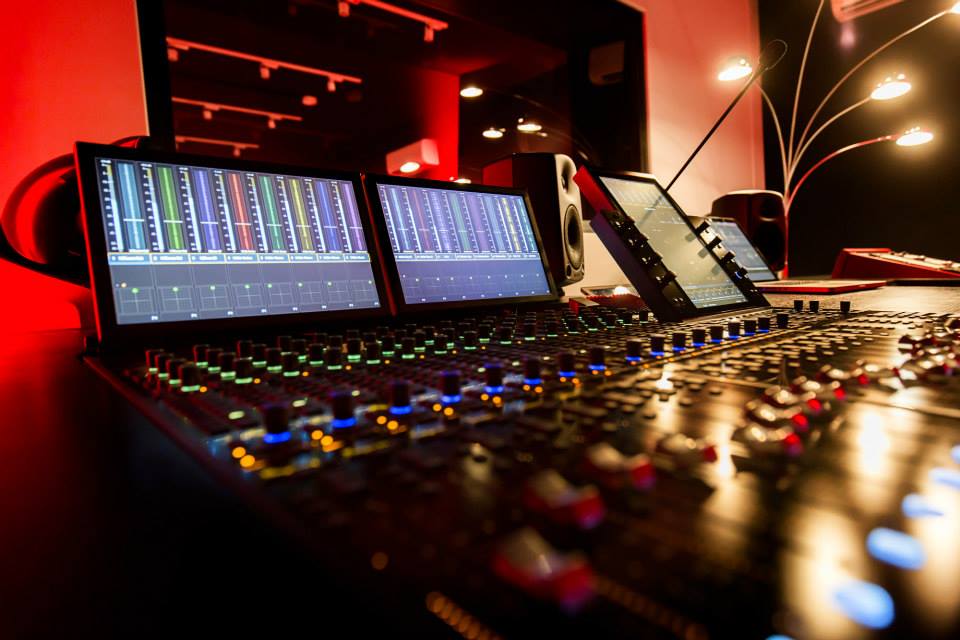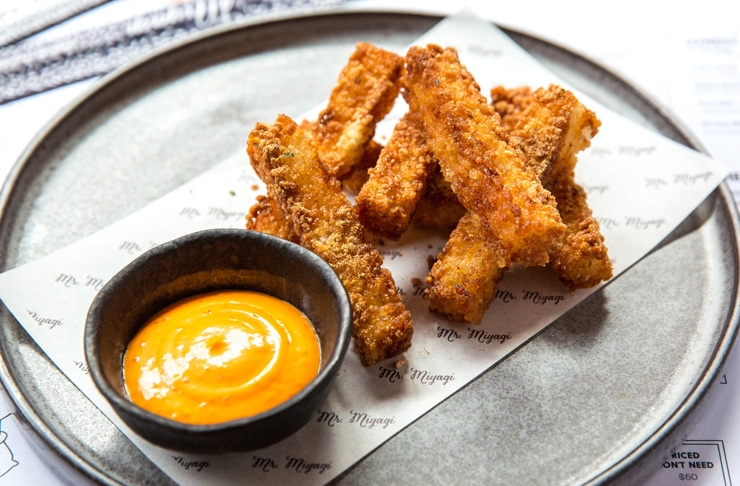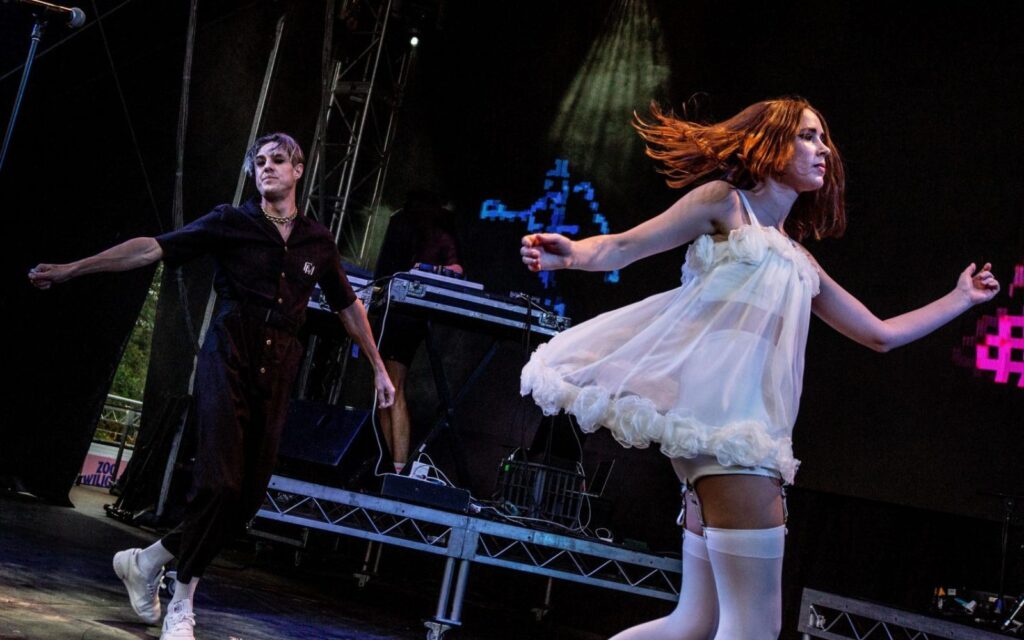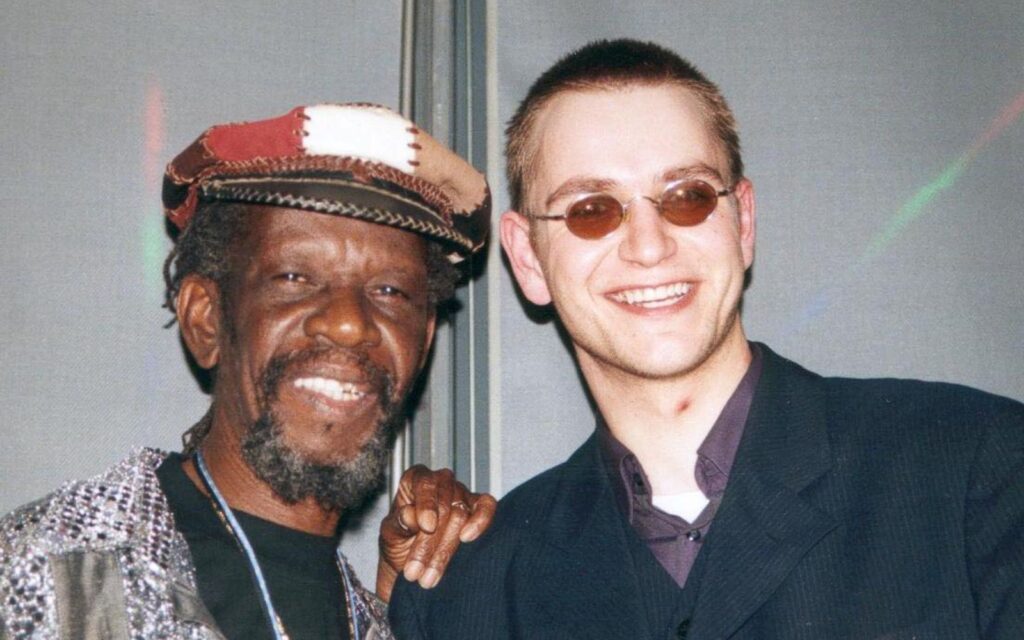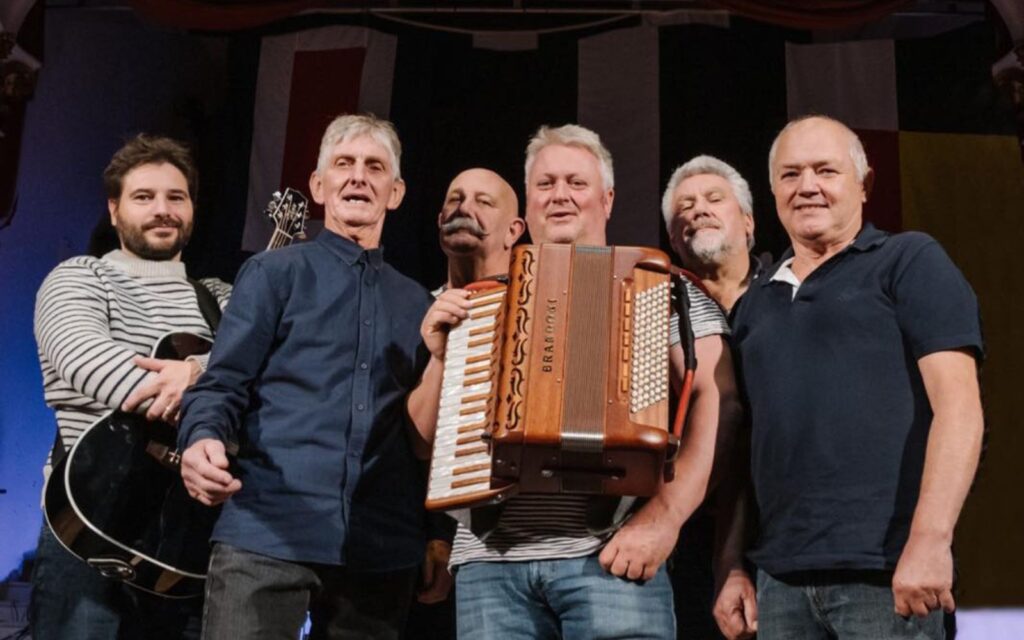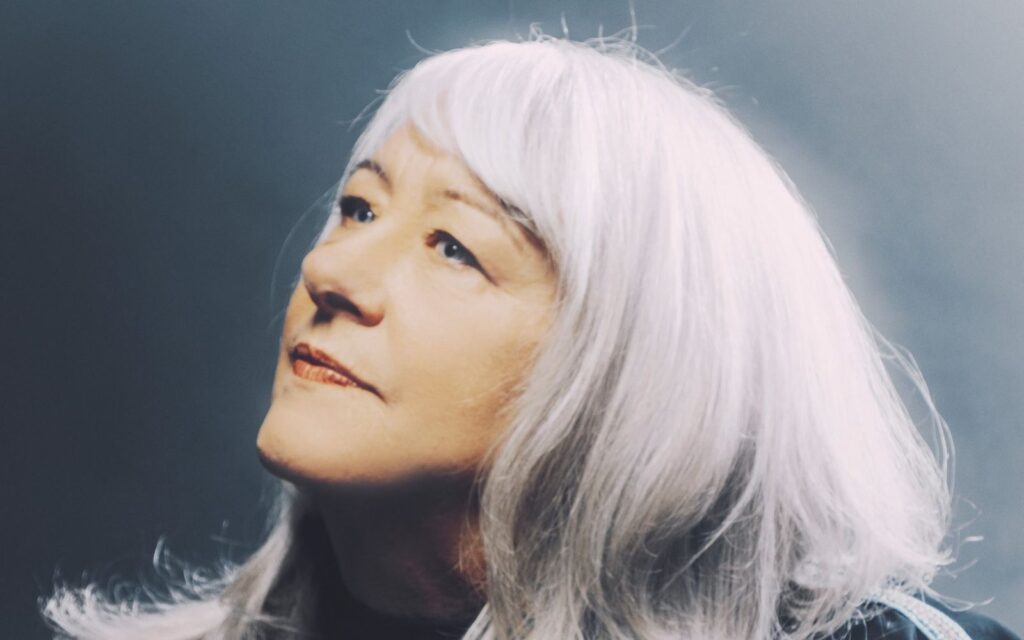The solution was in the establishment of a limited number of boutique training facilities dotted around the world, catering to a handpicked group of aspiring producers who would study for a year under the close tutelage of local and internationally renowned producers and professional training staff.
With the advent of digital technology, we’ve witnessed the demise of the big recording studios, with their large compliments of production staff working in synchronicity to record and mix a track that would ultimately find its way to the shelf of a high street record store.
While major artists still enjoy some level of the indulgence of using multimillion-dollar facilities with a small army of support staff, the vast majority of work is constructed in small production facilities by one or two highly skilled producers.
This ultimately favours talent and labels alike, as investment is made in artist development and promotion, rather than burning through budgets in studio hire. As digital distribution and streaming services eclipse physical media, revenues for recorded music are again growing as consumers gradually turn their backs on illegal downloads and opt for instantaneous and legitimate purchasing through easily accessible online platforms.
One has to wonder then why education and training in music production space has not evolved at the same rate to reflect these industry changes. All too often, students are still being trained on how to use a plethora of recording consoles and outboard gear that has limited presence in today’s commercial industry. Even more concerning is how education in music production has devolved into generalist ‘creative media’ education, where students wade through diverse and unrelated topics ranging from cultural perspectives to web development without every really learning how to perfect the craft of making a record.
Abbey Road Institute has sought to address the ever-widening gap between what the industry needs from fresh production staff and what they are currently being supplied. Abbey Road students are handpicked through an application and interview process and spend an intensive (and by intensive we mean 48 contact weeks) year undertaking a music production program. The Abbey Road Institute course is not an audio engineering course, nor is it a general creative media course – it’s a solid 12 months of music production delivered in a purpose built facility that contains two fully equipped commercial grade recording studios, but focuses the training around every student having access to their own individual audio production workstation, every day, for every class.
Students are continually exposed to commercial producers and production staff from around the world, whose credits include artists such as U2, INXS, Eskimo Joe, The Sex Pistols, De la Soul, Madonna and The Whitlams. It’s only through this constant exposure to working industry professionals that students will be able to gain the mentor-level guidance required to hone their craft to a level ready to be successful in today’s industry.
At the completion of their studies, students have the option to graduate inside the hallowed halls of Abbey Road Studios in London.
Abbey Road Institute Open Day
On Saturday August 26 from 11am, come and brush shoulders with industry leading producers and sit in on our producer panel as they discuss production techniques, the current state of the music industry, careers in sound production and more.
You’ll also have the opportunity to meet our amazing students and discuss with them the benefits of studying at Abbey Road Institute Melbourne.
Study for a Day Saturday
On Saturday September 26, from 10am, you have the opportunity to learn what it takes to make a hit record with Abbey Road Institute’s Lance Krive (Michael Jackson, Stevie Nicks, and Madonna) and Bradley Toan. A hands-on workshop not to be missed.
